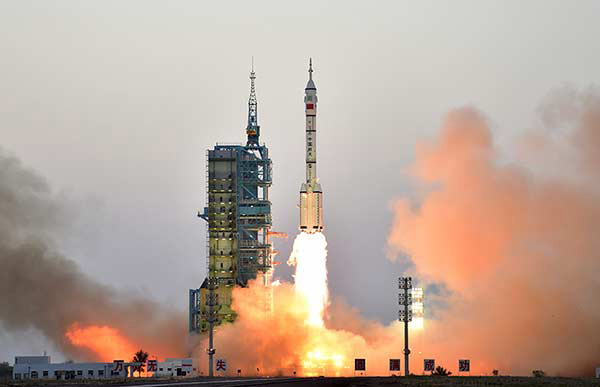International experts have once again contributed their insights into the drafting of the latest annual Government Work Report – now the third year in a row – as the Chinese government values their opinions and treats them as an important force for innovation.
This year’s special panel, consisting of 11 experts from six countries including Britain, Japan, and the United States, were invited to speak at a symposium on Jan. 12, around two months before the opening of this year’s National People’s Congress (NPC) session, when the annual Government Work Report was still at its drafting stage.
Among them is John Ross, director of Economic and Business Policy in the administration of the Mayor of London (2000-2008) and currently a senior fellow at Chongyang Institute for Financial Studies, Renmin University of China.
He warned that an economic slowdown may be caused by “a decline in fixed investment,” alluding to the government’s effort to reduce capacity in steel, cement, among other sectors. In turn, he tried to soothe the Chinese government’s worry over sluggish consumption growth, saying that it was “impossible to have a high growth in consumption without a high growth in GDP.”
He also urged Chinese economic regulators to pay closer attention to the consumption growth rate, rather than the proportion of consumption in GDP, because the higher the proportion in isolation, the less deposits and investment – leading to a lower GDP growth rate.
Ted Tokuchi, former managing director and chairman of CITIC Securities and board member and Researcher of CIDEG, Tsinghua University was the only Japanese expert invited to the panel. He aired his general objections to administrative industrial policies quoting similar, failed examples in Japan in the past decades.
He noted that the Japanese government introduced industrial policies, remedial instead of directive in nature, in the decades after World War II. He said that the Chinese government should work on improving fairness and transparency of the business environment since industrial policies essentially legitimize unfair competition.
Aware of a recent debate between two prestigious Chinese economists – Zhang Weiying and Lin Yifu (Justin) – on whether China should abolish industrial policies, Tokuchi said that he personally favoured total abandonment of industrial policies, but understood that China’s imperfect business environment for market competition would still require administrative support for the industries most vital to the country’s core strategic interests.
Apart from raising market fairness, Tokuchi added that China’s industrial policies should focus on the transformation and phasing-out of industries that have major social impacts.
Other experts shared their thoughts on seeking new growth engines, preventing systematic financial risks, monetary policies, responses to the aging population, among other matters of great importance to the Chinese government in the era of a “new normal” of economic development.
Huang Shuhong, head of the State Council Research Office and leader of the report’s drafting team, told international experts that the Chinese senior leadership greatly values their wisdom.
“China will always be a great country learning from others. Whichever stage of development it reaches, China will always learn from people of other countries in the world in a humble manner,” Chinese President Xi Jinping said to foreign experts in May, 2014.
Huang assured these experts that their contributions would be well received by Chinese Premier Li Keqiang, as opinions gathered at previous years’ symposium were highly valued in the drafting of the Government Work Report.
The symposium was jointly organized by the State Council Research Office and the State Administration of Foreign Experts Affairs, the agency responsible for seeking international talents for China’s overall development.
The learning process is a mutual one. While sharing their professional insights with the Chinese government, many also said that they were also learning from how China keeps reaching its development goals despite uncertainties and challenges.
